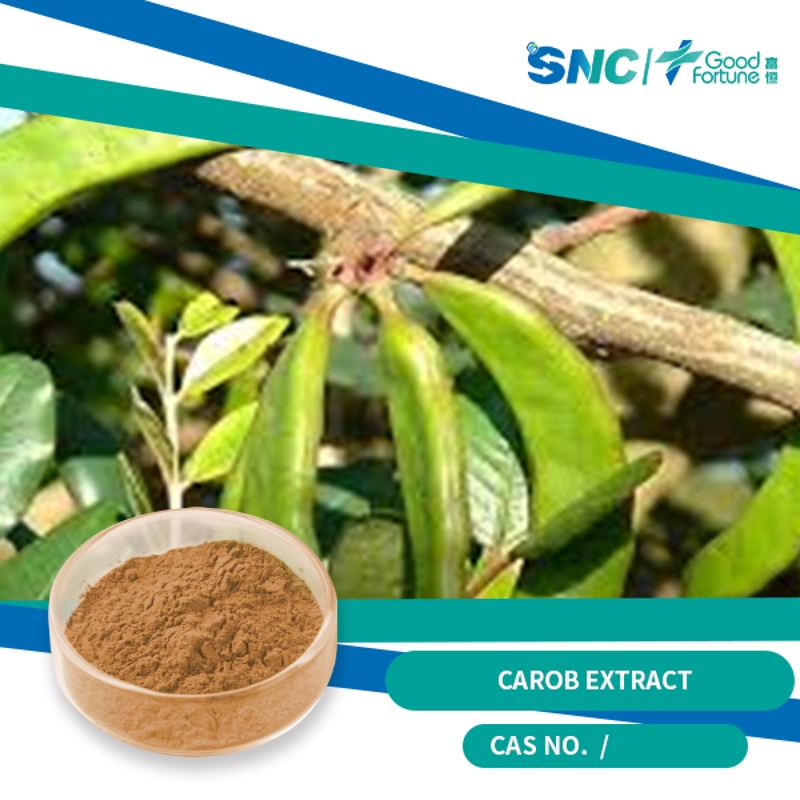The omnipotence of plant cells
-
Last Update: 2021-01-10
-
Source: Internet
-
Author: User
Search more information of high quality chemicals, good prices and reliable suppliers, visit
www.echemi.com
so-called omnipotence of plant cells refers to the differentiation of mature cells in any organ on a plant body, with the genetic potential to form a complete plant. Why are plant cells omnipotent? We know that all cells of a plant are produced by silky division from fertilized eggs. A fertilized egg is a specific cell that has all the genetic information unique to the plant. As a result, every individual cell in a plant also has exactly the same
DNA
as the fertilized egg and the same cytoste environment. When these cells are in the plant, they only show certain morphological and local
functions because they are bound by the environment of the organs and
tissues in which they are located. However, their genetic potential has not been lost, all genetic information is still maintained in the sequence of DNA, once out of the original organ tissue, become free state, in a certain nutritional conditions and plant
monucogen
induction, cell omnipotence can be shown. So, like a fertilized egg, a single cell forms an injured tissue or embryo, which in turn grows into a complete plant. Therefore, the
of
is successful, first of all because of the all-powerful nature of plant cells.。
This article is an English version of an article which is originally in the Chinese language on echemi.com and is provided for information purposes only.
This website makes no representation or warranty of any kind, either expressed or implied, as to the accuracy, completeness ownership or reliability of
the article or any translations thereof. If you have any concerns or complaints relating to the article, please send an email, providing a detailed
description of the concern or complaint, to
service@echemi.com. A staff member will contact you within 5 working days. Once verified, infringing content
will be removed immediately.







